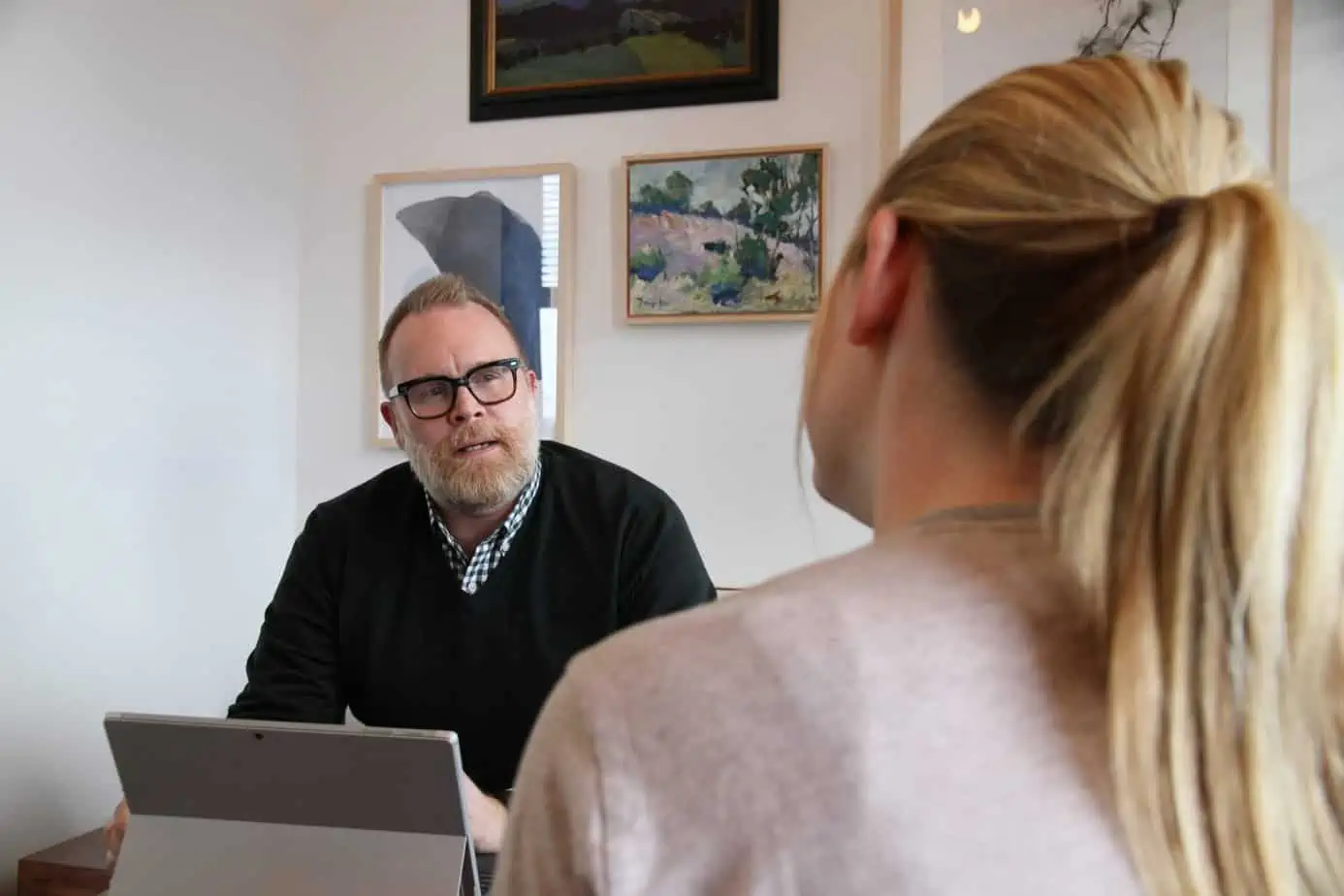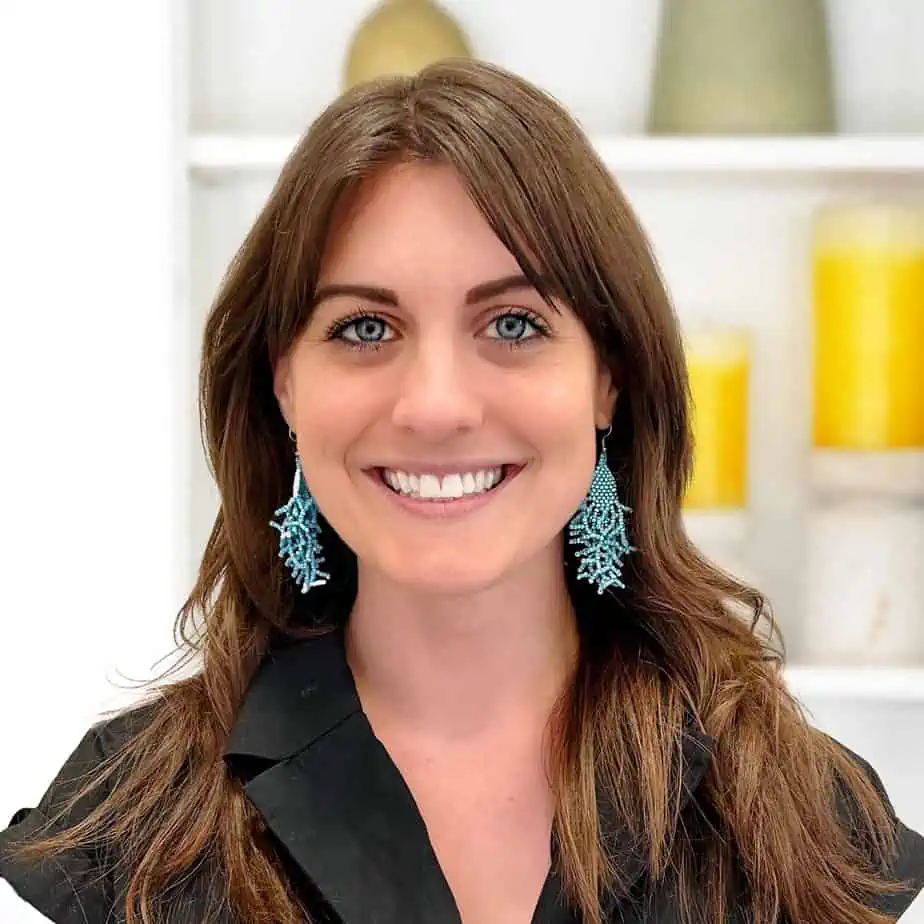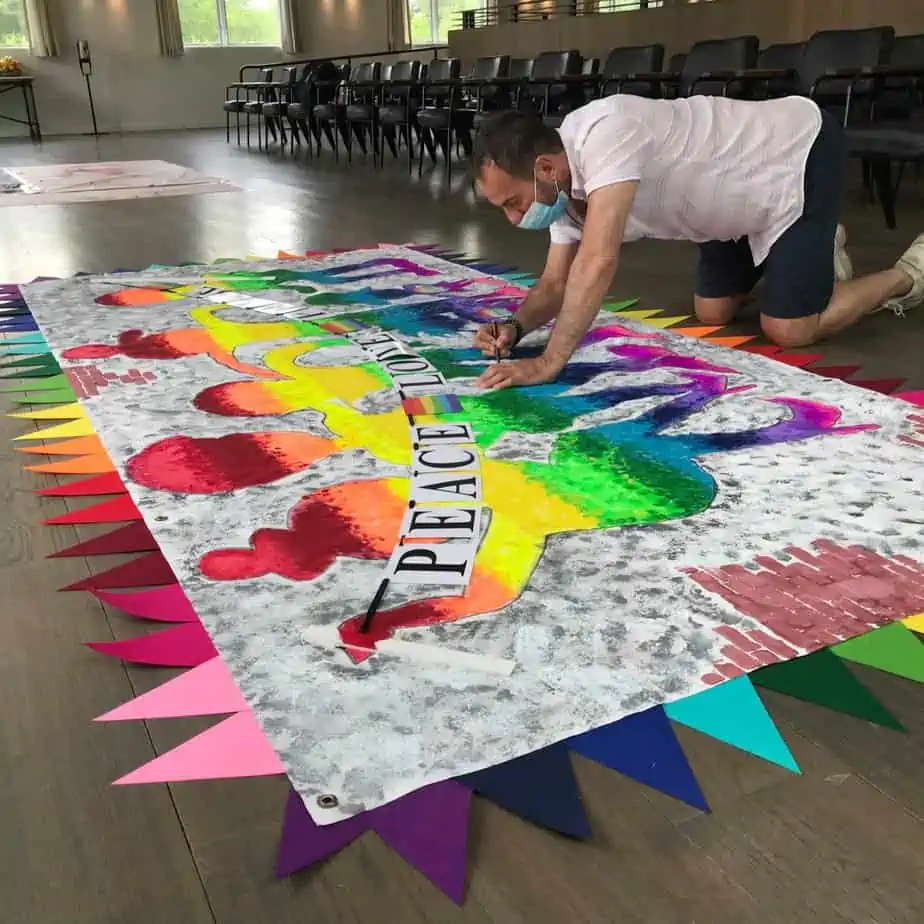Statistics: the LGBTQ+ Community and Addiction
Research suggests that members of the Lesbian, Gay, Bisexual, Transgender, and Queer (LGBTQ+) community are at higher risk for mental illness and substance abuse, but are less likely to reach out and receive assistance. In an effort to educate the community about addiction in the LGBTQ+ community, below are facts to help reduce stigmatization and increase awareness of this issue.
- As many as of 30% of gay, non-binary, and transgender people abuse substances, compared to about 9% of the general population.
- Gay, lesbian, and bisexual individuals are roughly 18% more likely to have alcohol addiction, 20% more likely to have drug use disorder, and 9% more likely to misuse prescription medications.
- Approximately 21.8% of LGBTQ+ adults had an alcohol use disorder in the past year, compared to 11% in the overall population.
- Young adults who are lesbian, gay, bisexual or queer have 1.3 times the odds of heavy alcohol use, 1.6 times the odds of marijuana use, 2.9 times the odds of injection drug use, and 3.3 times the odds of cocaine use.
- Men who have sex with men are 3.5 times more likely to use marijuana, 12.2 times more likely to use amphetamines, and 9.5 times more likely to use heroin than men who do not.
- LGBTQ+ individuals often enter treatment with more severe substance use disorders than their heterosexual counterparts.




















